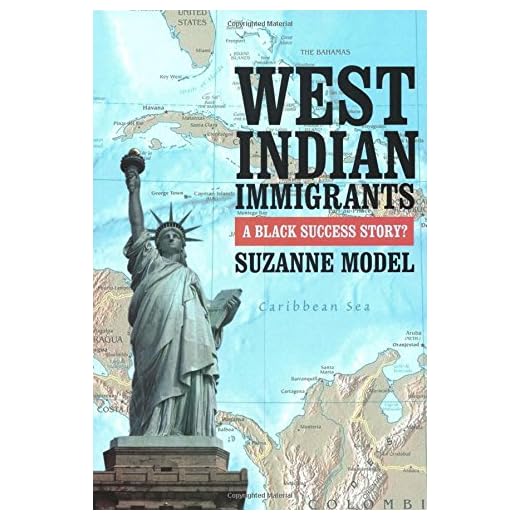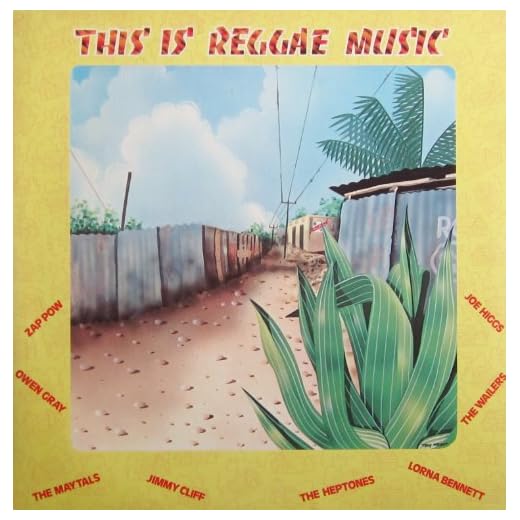




Small Axe is a gripping anthology series created and directed by the acclaimed British filmmaker Steve McQueen. The series takes its name from the African proverb, “If you are the big tree, we are the small axe,” which represents the power of everyday people to bring about meaningful change, even in the face of overwhelming odds.
Small Axe is based on true stories and events that took place during the late 1960s to the mid-1980s in London’s West Indian community. It explores the experiences of Black individuals and communities during a time of racial discrimination and injustice, focusing on themes of identity, resistance, and resilience.
This groundbreaking series consists of five stand-alone films, each telling a distinct story and featuring different characters, while collectively painting a vivid and poignant picture of the struggles and triumphs of the West Indian diaspora in the UK.
Through its powerful storytelling, Small Axe sheds light on pivotal moments in history that have been overlooked or forgotten, bringing them to the forefront and sparking important discussions about race, equality, and social justice. It serves as a reminder that even the smallest actions can have a profound impact and that everyone has the potential to be a catalyst for change.
The Origins of Small Axe
The term “small axe” originates from a popular Jamaican proverb that states, “Small axe can cut down big tree.” This proverb symbolizes the power of individuals, especially those who are marginalized or overlooked, to bring about meaningful change.
In the context of the TV series “Small Axe,” the term refers to the stories of black immigrants in London during the 1960s and 1970s who fought against racism and discrimination. Directed by Steve McQueen, the anthology series explores different aspects of the black experience in Britain during this tumultuous time.
The Inspiration for Small Axe
The inspiration for “Small Axe” comes from McQueen’s own experiences growing up in London’s West Indian community. Having witnessed the struggles and triumphs of his own family and friends, McQueen wanted to shed light on the untold stories of resilience and resistance in black communities.
The series aims to challenge the historical narrative that often overlooks or marginalizes the contributions and experiences of black immigrants. By telling these stories, “Small Axe” seeks to highlight the strength and resilience of individuals who stood up against systemic racism and fought for justice and equality.
The Importance of Small Axe
“Small Axe” serves as a powerful reminder of the importance of recognizing and valuing diverse perspectives and experiences. By exploring the untold stories of black immigrants in London, the series aims to rewrite history and challenge prevailing narratives that often perpetuate prejudice and discrimination.
Through its episodes, “Small Axe” gives a voice to those who have been silenced and celebrates the accomplishments and contributions of black individuals in British society. It serves as a platform for dialogue and reflection, encouraging viewers to confront uncomfortable truths and engage in conversations about race, identity, and social justice.
Ultimately, “Small Axe” is a testament to the resilience, strength, and determination of individuals to create meaningful change, even in the face of adversity. It is a call to action, inspiring viewers to reexamine their own biases and take steps towards building a more inclusive and equitable society.
Understanding the Roots
Small Axe is a British anthology film series created and directed by Steve McQueen. The series is based on true events and explores stories of Black British life from the late 1960s to the early 1980s. Each episode in the series stands alone, but they are all connected through their examination of the struggles and triumphs of the Black community in the UK.
The roots of Small Axe can be traced back to Steve McQueen’s own upbringing in London. McQueen was born in London to West Indian parents, and his experiences growing up in the city influenced his decision to create the series. He wanted to shed light on the history and experiences of Black Britons, whose stories have often been overlooked or marginalized.
The title of the series, “Small Axe,” is a reference to the Bob Marley song “Small Axe”. The song’s lyrics speak to the power of the individual to effect change, even in the face of oppression. This idea resonates throughout the series, as each episode focuses on individuals who, through their actions and resilience, challenge the status quo and fight for justice and equality.
Small Axe also draws inspiration from real events and figures in Black British history. For example, one episode, “Mangrove,” tells the story of the Mangrove Nine, a group of Black activists who were arrested and put on trial in the 1970s. The trial was a landmark moment in British legal history and highlighted the systemic racism and police brutality faced by the Black community.
In addition to exploring important historical moments, Small Axe also delves into the everyday experiences of Black Britons during this time period. The series examines the impact of racism, discrimination, and prejudice on individuals and their communities, as well as the strength and resilience that allowed them to thrive despite these challenges.
By understanding the roots of Small Axe, viewers can gain a deeper appreciation for the series and its significance in shining a light on the often overlooked history and experiences of Black Britons. Through its powerful storytelling and attention to detail, Small Axe aims to create a more inclusive and accurate portrayal of British history.
Exploring the Influences
Small Axe is a British anthology series created and directed by Steve McQueen. The title of the series is derived from the famous proverb: “If you are the big tree, we are the small axe.” This proverb originated from a speech by Jamaican reggae legend Bob Marley, emphasizing the power of collective action, even when faced with seemingly insurmountable challenges.
The series is primarily based on real-life events and experiences from London’s West Indian community between the 1960s and 1980s. These events range from the racial tensions and systemic injustices faced by the community to the uprising and protests against such inequalities.
McQueen draws inspiration from his own upbringing as a British-born person of West Indian descent, which allows him to portray the stories with authenticity and empathy. Growing up in London during the time period depicted in the series, McQueen witnessed firsthand the struggles faced by the Black community, as well as the resilience and strength that fueled their resistance movements.
Another major influence on the series is the history of West Indian migration to the United Kingdom, particularly after World War II. The Windrush generation, named after the ship that transported the first significant wave of Caribbean immigrants to the UK in 1948, plays a significant role in the series. The experiences of these immigrants, from the initial hopes and dreams of a better life to the subsequent challenges and discrimination they faced, form a central theme in many of the episodes.
The music of the era also heavily influences the series. Genres such as reggae, ska, and calypso, popularized by artists like Bob Marley, The Wailers, and the Mighty Sparrow, serve as a backdrop to the characters’ lives and struggles. The music’s infectious rhythms and powerful lyrics provide a sense of hope and unity amidst the hardships faced.
In conclusion, “Small Axe” draws influences from the lived experiences of the West Indian community in London, the history of Caribbean migration to the UK, and the music that defined their cultural identity. These influences come together to create a powerful and relevant portrayal of resistance, resilience, and collective action in the face of adversity.






